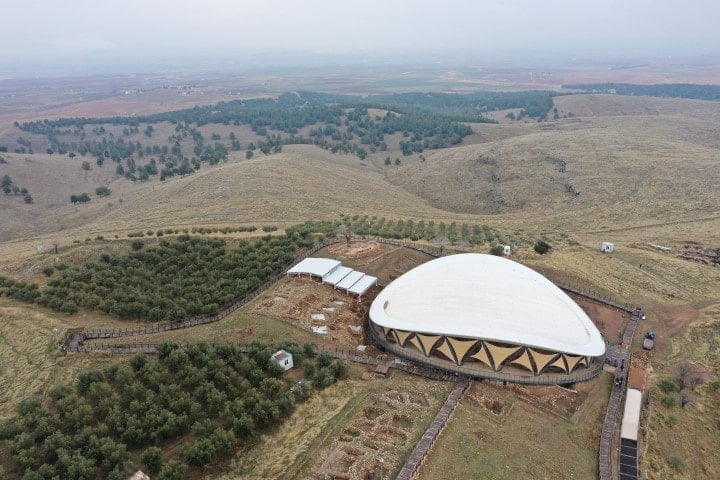
Why Olive Trees at Göbekli Tepe Are Being Relocated?
Göbekli Tepe is an important archaeological site listed as a UNESCO World Heritage Site, known as the “zero point of history.” The olive trees located here are being relocated to another area to allow for the expansion of the excavation site and to prevent damage to the historical remains. The excavation director, Prof. Dr. Necmi
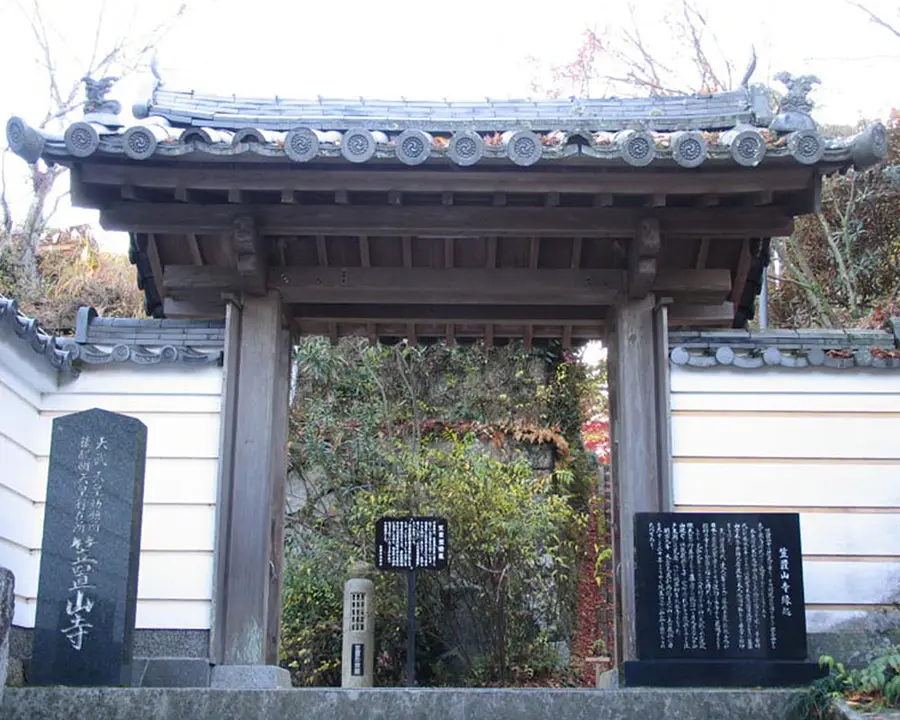
Remains of an Ancient Cafeteria Belonging to a Buddhist Temple May Have Been Discovered
Researchers have made a groundbreaking discovery at the Yamashiro Kokubunji Temple site. They believe they have found one of the largest ancient cafeterias from the Nara Period (710-784). The Kyoto Prefectural Board of Education announced these findings on February 4. This announcement highlights the historical significance of the site. Historical Context of Yamashiro Kokubunji Temple
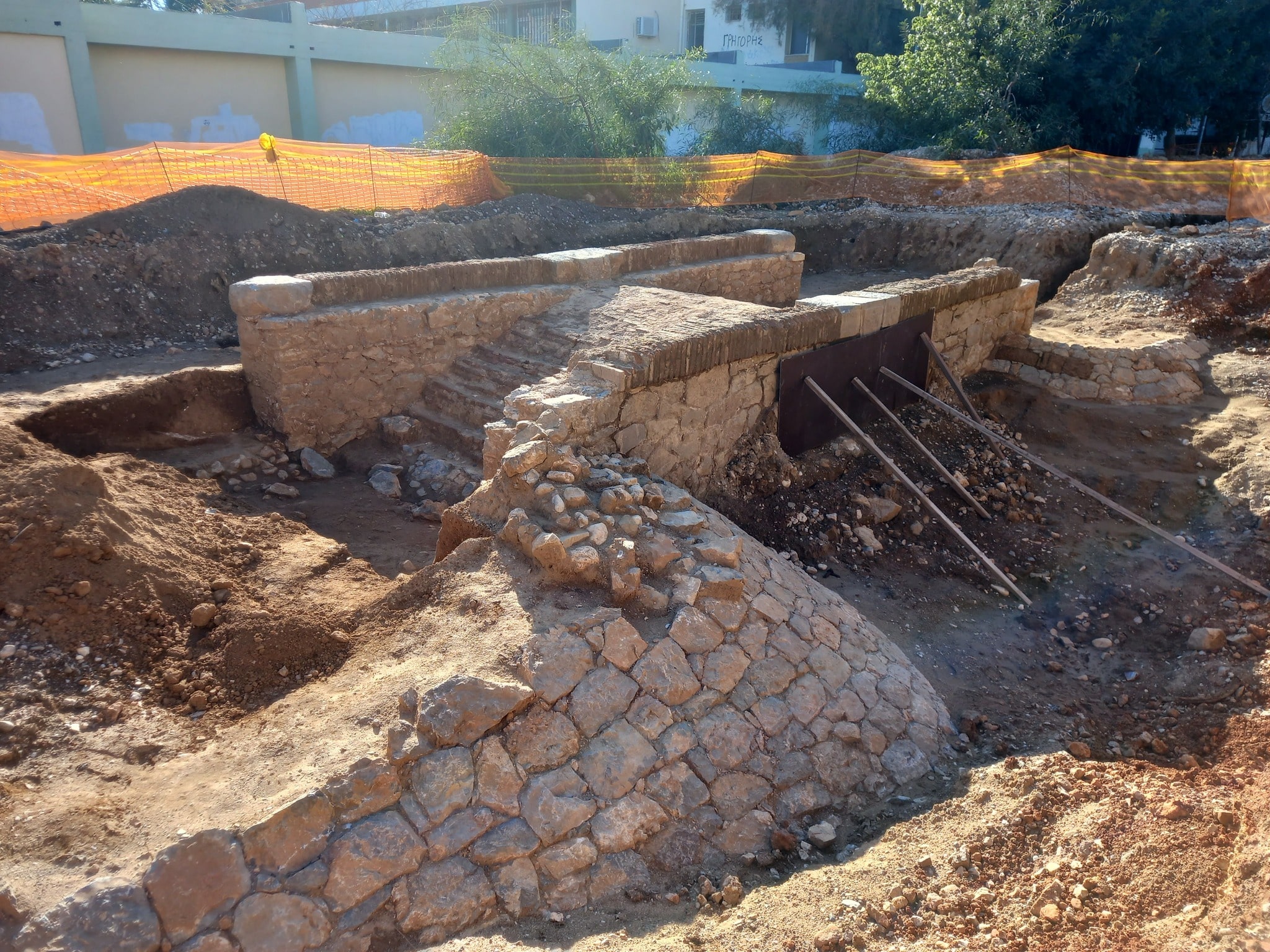
Ancient Roman Bridge Discovered During Railway Works in Greece
A Roman-era bridge was discovered during the ongoing suburban railway construction works in the ancient city of Elefsina, Greece. Elefsina (also known as Eleusis) is an ancient city located in the Attica region of Greece, 18 kilometers away from Athens. Situated on the coast of the Aegean Sea, Elefsina is particularly famous for the Eleusinian
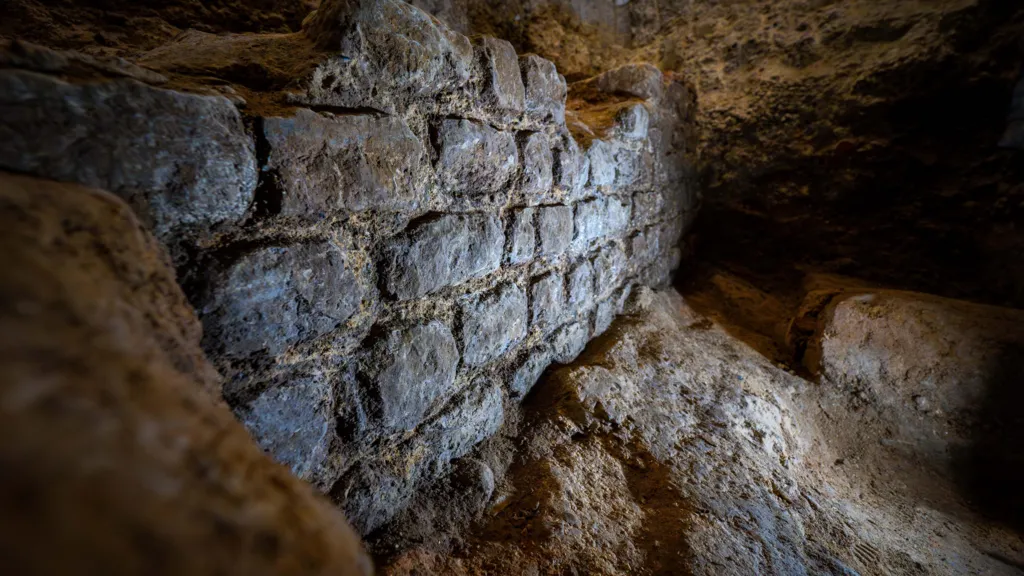
Archaeologists Discover Important Part of Roman Basilica in Basement of Building in London
Archaeological excavations in the basement of an office building in London have uncovered an important part of a Roman basilica. The team of archaeologists working at 85 Gracechurch Street experienced great excitement when they revealed sections of a stone wall that is believed to have formed the basilica’s foundation and should have been two and
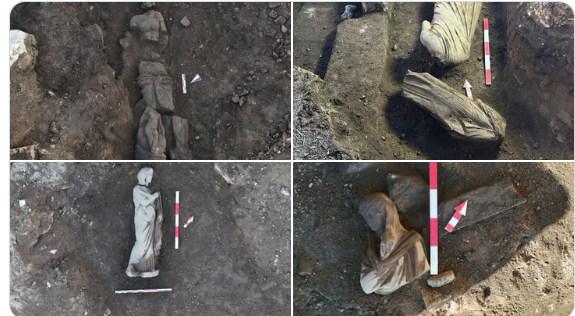
Five Different Roman Statues Discovered in the Ancient City of Perge
Excavations in the ancient city of Perge, known as the capital of the Pamphylia region, have uncovered five different Roman statues. With a history that dates back to the 2nd millennium BC, Perge was referred to as “Parha” during the Hittite period. This ancient city showcases the influences of various cultures, including the Persians, Greeks,

Genetic studies reveal that sheep were first domesticated in Central Anatolia
Recent genetic research reveals that early domesticated sheep originated in Central Anatolia. This discovery marks a significant moment in humanity’s shift towards a settled lifestyle. An international team, led by geneticists from Trinity College and zooarchaeologists from LMU Munich and the Bavarian State Collections of Natural History (SNSB), analyzed 118 genomes from archaeological sheep bones.

Archaeologists Discover Earliest Evidence of Metal Mining in Poland
Archaeologists from the Jagiellonian University Institute of Archaeology have uncovered the earliest evidence of metal extraction and smelting in Poland. They found that lead ornaments from the Early Iron Age originated from the Olkusz lead deposits in the Silesia-Kraków Upland. Their findings appeared in the journal Archaeometry. New Insights on Olkusz Ore Deposits The researchers
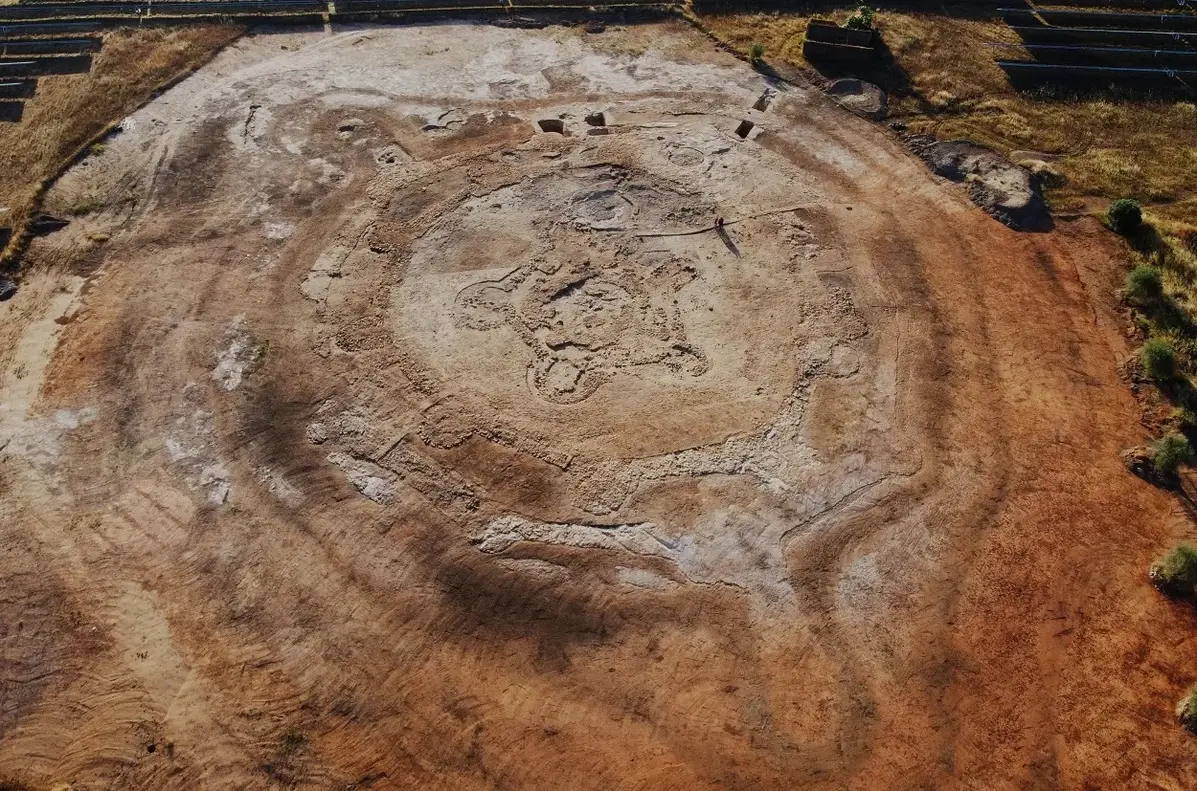
Man Buried with Roman Pugio Found in an Ancient Castle in Spain
During the construction of a new photovoltaic park at Cortijo Lobato, near Almendralejo in Spain’s Extremadura region, archaeologists made a remarkable discovery: the skeletal remains of a man buried with a Roman pugio, a type of dagger. This site, with a history dating back to the 3rd millennium BC, shows evidence of human activity extending
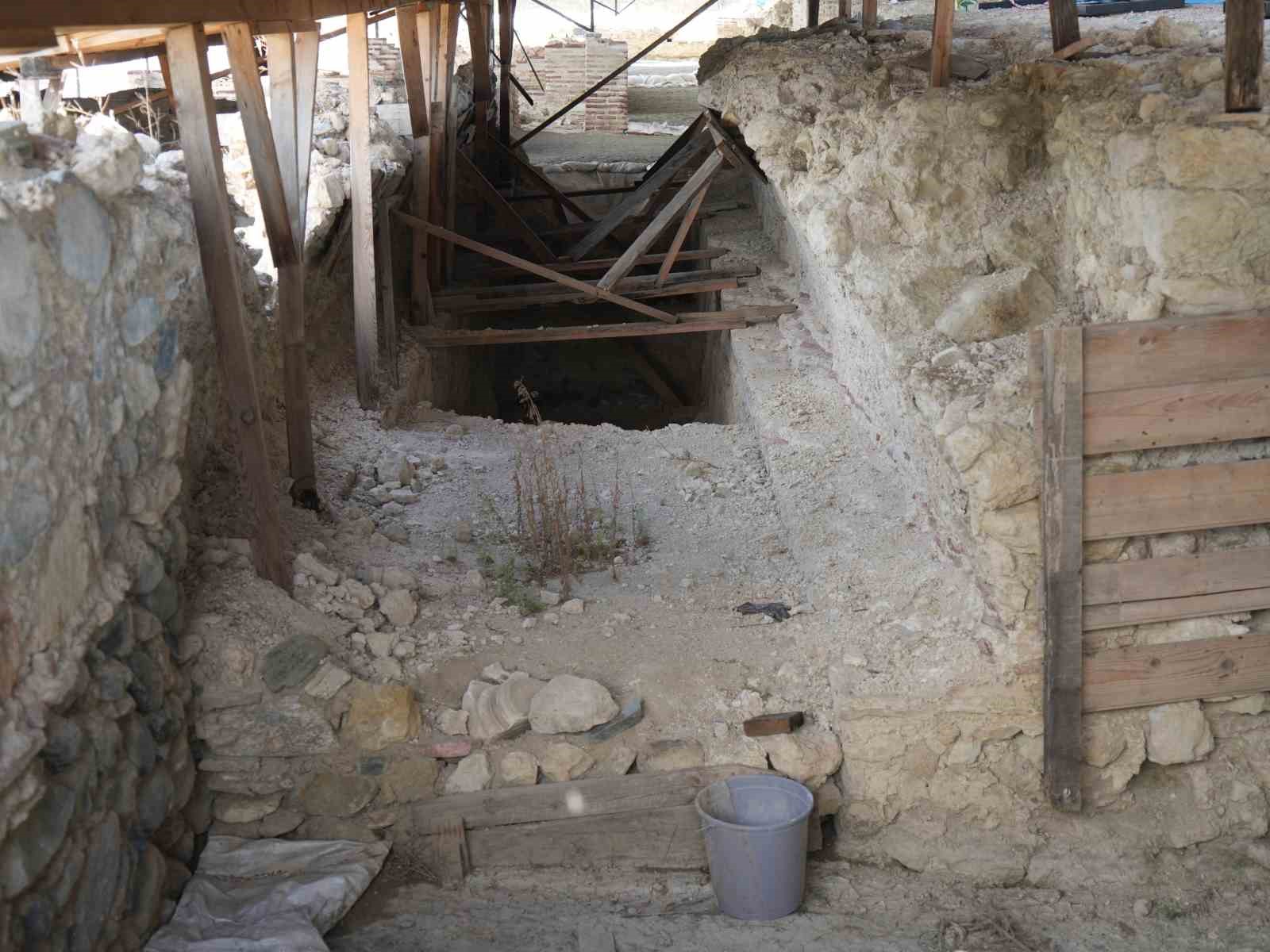
Seeds Discovered in the Toilet Channel of an 1800-Year-Old Roman Villa Under Investigation
Excavations at the ancient city of Pompeipolis, often referred to as the “Ephesus of the Black Sea,” have uncovered intriguing seeds in the toilet channel of an 1800-year-old Roman villa. This significant find is set to provide insights into the dietary habits and insect diversity of the period. The Roman villa, covering an area of
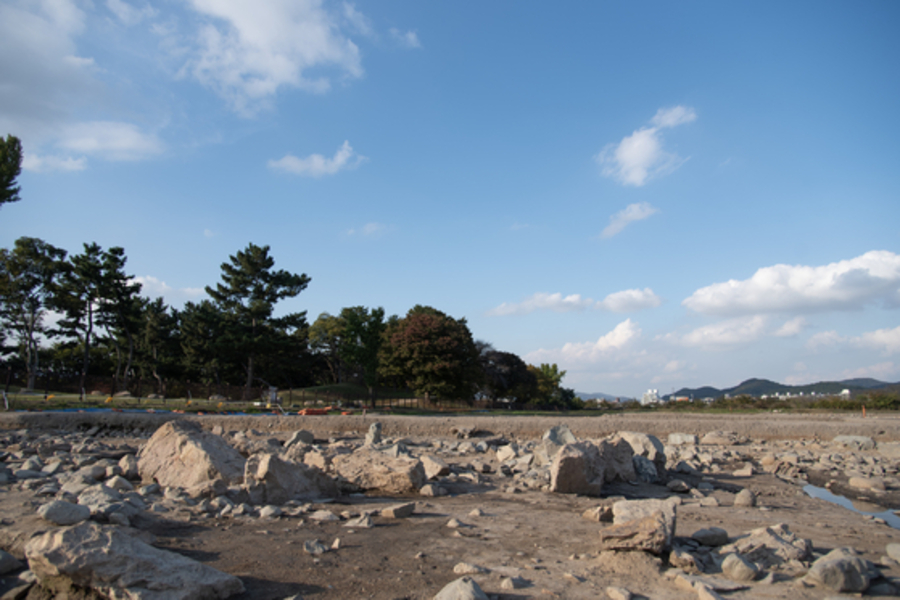
A Key Silla Kingdom Palace Found in South Korea
A long-term investigation in South Korea has uncovered a significant palace site belonging to the Silla Kingdom. This discovery has the potential to fundamentally alter the historical narrative of this ancient kingdom. Background of the Silla Kingdom The Silla Kingdom, established in 57 BC and lasting until 935 AD, ranks among the oldest kingdoms in